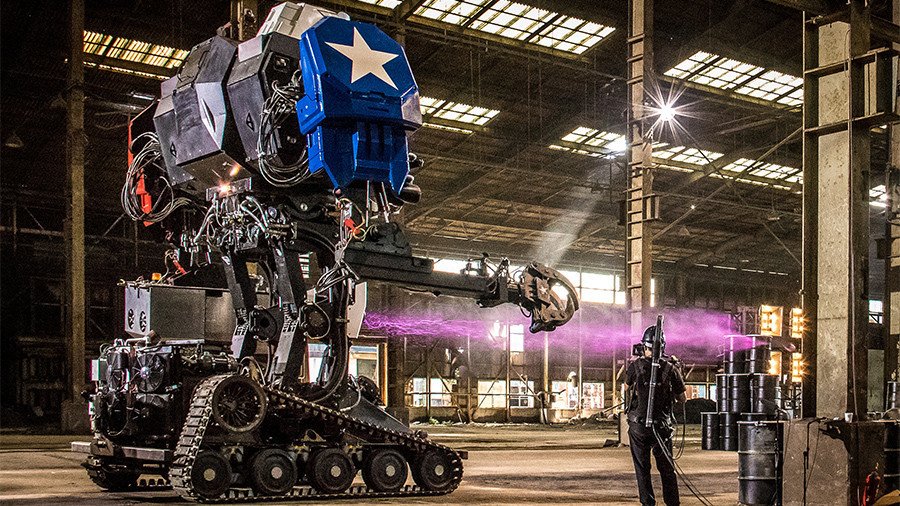Artificial intelligence inspires both fascination and existential dread, as many fear the eventual ‘rise of the machines.’ But former Google CEO Eric Schmidt believes we needn’t worry about killer AI… for a decade or two at least.
“Everyone immediately then wants to talk about all the movie-inspired death scenarios, and I can confidently predict to you that they are one to two decades away. So let’s worry about them, but let’s worry about them in a while," Schmidt told the crowd at the Munich Security Conference in February, as cited by Defense News. Schmidt, now a fellow at MIT since stepping down as a Google executive in January this year, presents a more realist, rather than alarmist, take on the development of AI.
He maintains that the benefits far outweigh the risks when it comes to AI and that we as a species merely need to keep a tight leash on any and all advancements. He recently highlighted how Google is helping to prevent blindness in diabetics using AI.
Schmidt’s point centers around one key fact regarding AI at present: it’s far from replacing humans in major, complex and nuanced decision-making processes and instead, for now at least, robots and AI are best at highly repetitive tasks, as they don't get bored like humans do.
“The other point that I want to remind everyone, these technologies have serious errors in them, and they should not be used with life-critical decisions,” Schmidt said. “So I would not want to be in an airplane where the computer was making all the general intelligence decisions about flying it. The technology is just not reliable enough – there too many errors in its use. It is advisory, it makes you smarter and so forth, but I wouldn’t put it in charge of command and control."
This means easily defined and measured tasks with straightforward outcomes like crunching numbers or memorizing databases rather than making life-or-death decisions about nuclear strikes or resource distribution. Robots and the AI that powers them at present, require a clear set of rules with an ever-increasing number of failsafe protocols to prevent them from deviating too much and causing chaos on a global scale. In short, they are nowhere near as creative as us because we have yet to build them that way.
Technologists continue to make leaps and bounds in AI research, although sentience is still a pipe dream reduced to the philosophizing of science fiction. We should still worry more about human intentions as expressed through the code in the machines for the time being, argues Schmidt.
“You’ve been watching too many movies. Let me be clear: Humans will remain in charge of [AI] for the rest of time,” he asserted. Therein lies the problem, however, as Schmidt warns about countries like China and their approach to developing ever-smarter and more intuitive machines. China’s whole-of-nation AI program aims to make the country the global leader in AI research and development by the year 2030.
“It’s a national program. As I understand, what that means in China is that there will be hundreds of thousands of engineers produced and trained in this. There is no analogous United States or European doctrine, and we need to have one,” Schmidt noted.
Like this story? Share it with a friend!

